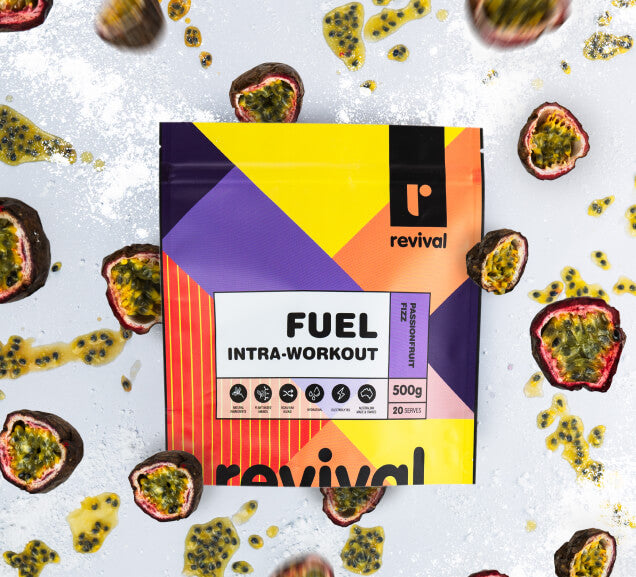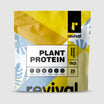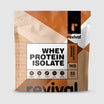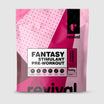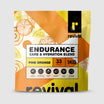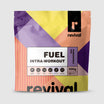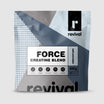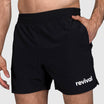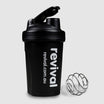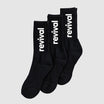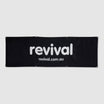Introduction
Supplements are huge these days.
Each year we spend more than one hundred billion dollars on them. That gives an idea of the staggering size and power of the supplement industry. We can only imagine how many of those billions get poured right back into marketing campaigns designed to convince us that we must take their products.
But do we really?
It’s time to get the hype-free facts on supplements.
The Sad State of Our Food
Getting the vital nutrients that our bodies require in order to function optimally is now harder than ever. Because modern foods are so highly processed our foods are generally nutrient sparse. Poor food preparation, such as microwaving, also reduces nutrient value. Throw in poor food choices and hormonal imbalance and the case for supplementation becomes pretty compelling.
That doesn’t mean, however, that we need to be taking a dozen different pills each day. If you’re eating a balanced diet that is based on chemical-free fresh foods, you won’t need much more than a good, all-round multi-supplement to cover all your bases; one that contains all the vitamins, most minerals and such extras as plant extracts with antioxidants and cleansing properties will fit the bill nicely.
Supplementation for Gym Goers
Whether you’re a CrossFitter, a bodybuilder or someone working to lose weight and shape up, you’ve got unique nutritional requirements. The work you do in the gym puts stress on your body. It takes it out of its comfort zone and forces it to work harder than it’s used to. Those extra demands require unique nutritional support. Specifically, you need:
- More energy before the workout
- Sustaining fuel during the workout
- Muscle repair and building nutrition after the workout
- Glycogen replacement after the workout
There are thousands of products out there to meet these needs. Yet, not all supplements are alike. The lack of regulation in the supplement industry has led to a plethora of sub-par products that fall short of the ideal. With so many players out there, you need to be a discerning shopper to make sure that what you put in your body is going to support, and not hinder, your progress.

The Supplements you need for performance and recovery
Before the Workout
Pre-Workout
The market is saturated with a plethora of pre-workout energy boosters, each one promising to be the key that will ignite your workouts. Most of them are simply hype. There are a few, mostly natural, compounds, however, that have stood the test of time, both in terms of scientific research and real-world usage. Here are a couple of pre-workout supplement ingredients that are definitely worth experimenting with to assess whether they’ll aid your workout performance:
Caffeine
Caffeine is a stimulant that acts in a number of ways to enhance energy and is a smart choice for anyone looking to get a great pre-workout boost. It has a glycogen sparing action that allows us to sustain our performance as well as increasing mental awareness and the reduced effects of fatigue. Caffeine also stimulates the release of dopamine and catecholamine, which contribute to its energy-boosting ability. There have been a huge number of studies that have documented the beneficial effects of caffeine supplementation as a pre-workout energy enhancer for gymgoers, sportspeople, and athletes.
Citrulline Malate
Citrulline malate is a combination of two compounds which work together to improve workout energy. Citrulline is a non-essential amin acid which is involved in the production of nitric oxide (NO). This is a signalling molecule which improves blood and oxygen flow to our muscles.
Malate is a vital part of the ATP energy system. Your muscles rely on ATP to do their work in the gym. The synergistic combination of Citrulline and malate will significantly improve your performance in the gym.
Check out our favourite Pre-Workout here.
During the Workout
Several years ago, researchers started looking into the effect of nutrition during training on performance. They found that certain nutrients could boost the body’s ATP system. It is this energy system that powers your workout.
ATP gets quickly used up when you start doing resistance training. When it’s gone, you’ll see an immediate performance drop off. The fuel that powers the ATP system is glycogen. It also gets used up very quickly when you start working out. To maintain strength and energy, you need to replace it during the workout.
Branch-Chain Amino Acids (BCAAs), consist of the essential amino acids leucine, isoleucine and valine. They deliver a vital immediate source of fuel to power your training due to their ability to be synthesized within the muscle cell. Other essential amino acids (EAA’s) that bolster your training energy include phenylalanine, l-lysine and l-threonine.
Check out our favourite Intra-workout here.
Creatine Monohydrate
Creatine is the one supplement that is universally accepted as being effective at promoting lean body mass and strength. Creatine monohydrate is a naturally occurring chemical that’s one of muscles’ main energy sources. By ingesting it, we can super- saturate our muscles with it. This makes our muscle cells stronger and allows them to recover faster. Creatine also causes the cell to hold more water which promotes protein synthesis.
It is recommended that you take 5-10 grams of creatine per day.
Check out our favourite creatine blend here.
After the Workout
Protein Powders
Working out causes micro-tears to your muscle fibres. A high-quality protein powder will fast track the amino acids to your muscle cells that it needs to repair and rebuild the fibres.
In order to fuel your anabolic quest, you need the confidence of knowing that your protein powder is free of dangerous fillers, chemicals or GMOs. Instead, you should opt for the highest quality, natural ingredients that have been tested by science and history.
The quality of a protein powder depends on the following key determinants:
- Yield – the percentage of protein obtained per serving. It is found by multiplying the grams of protein per serving by 100 and then dividing by the serving size in grams. A minimum yield of 70% is desirable.
- Amino Acid Profile – Look for the amount of Branch Chain Amino acids (BCAAs) and Essential Amino Acids (EAAs) in the product. Your protein powder should have all of the BCAAs and EAAs in a concentration of 50-55%.
- Protein source – whey, casein, egg, pea, and rice are great options.
- Filler – this is any substance that is non-protein. Fats, carbs, and flavourings fall into classification. Fillers should constitute only a minor percentage of the total product.
Check out our favourite protein here.
Key Points
- If your training hard, you should consider using supplements.
- Gymgoers need to cover their pre, intra, and post-workout needs
- Choose a pre-workout that contains Citrulline Malate and Beta Alanine
- Use an intra-workout to rehydrate and refill glycogen stores(through carbohydrates)
- Take a quality post-workout protein such as Whey Protein Isolate
References
[1] https://www.ncbi.nlm.nih.gov/pmc/articles/PMC3309636/
[2] https://nccih.nih.gov/health/supplements/wiseuse.htm
[3] https://www.healthline.com/nutrition/pre-workout-supplements
[4] https://www.webmd.com/vitamins-and-supplements/features/protein-powder
